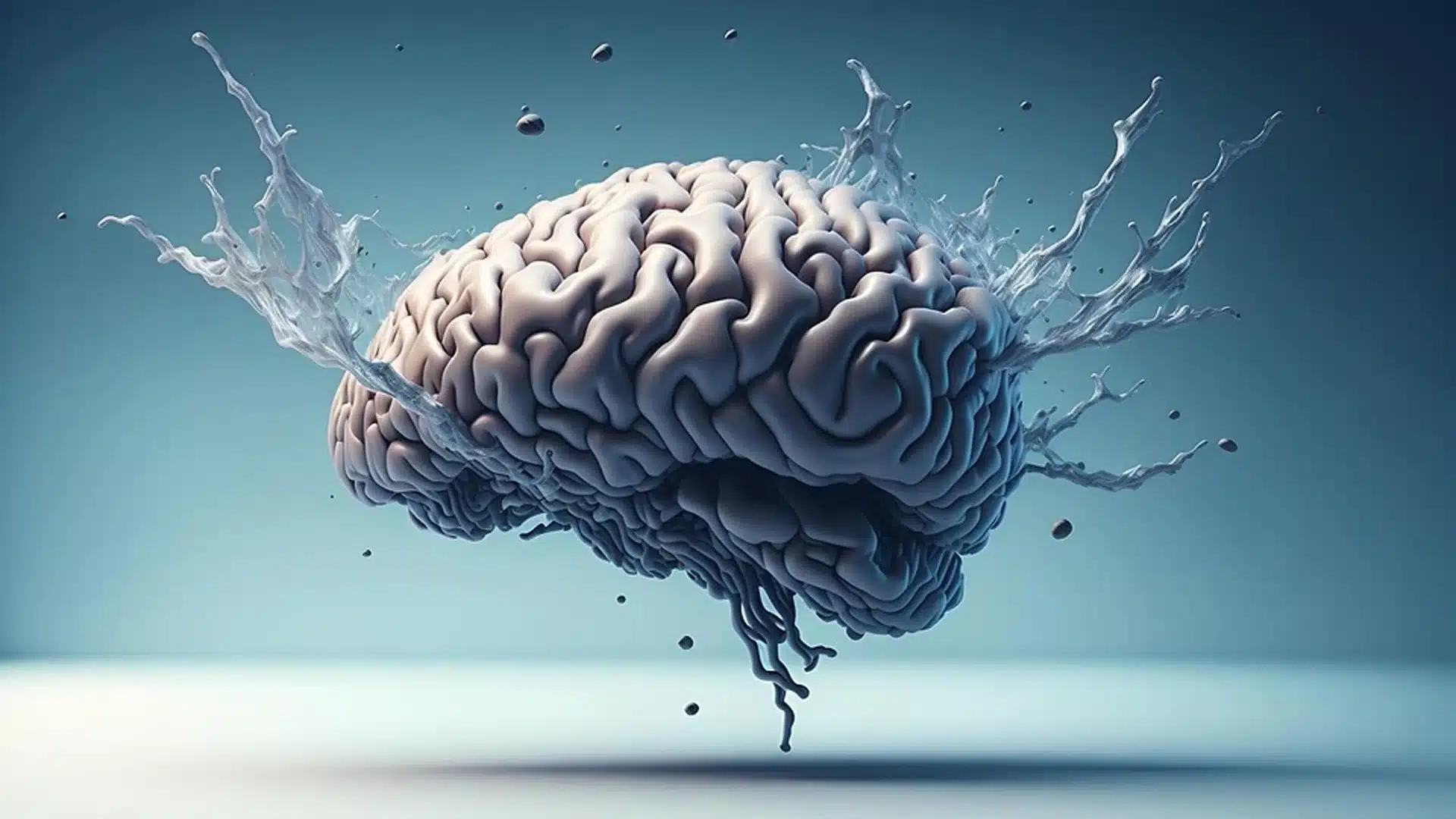Magic: The Gathering hits you with amounts of complexity that will spin your head. With numbers to manage, effect orders to synchronize, and attempting to predict what the other player will do next, beginners are always surprised by how individuals can possibly ever be any good at this game. It’s remarkable, but a number of good MTG players didn’t start out doing spellslinging. They honed their strategic abilities playing other games that taught them important things about competition, risk, and adjustment.
Strategy games do sharpen one’s mind, but other games hone other abilities as well. Mobile casino games featured on Card Player have evolved to offer rich experiences that commend quick thinking and calculated risks. These platforms offer real-cash games with easy sign-up procedures across the United States. While these online games are based on luck and bankroll management, strategy games sharpen the analytical framework that functions fantastically on the Magic battlefield.
Chess Instills Pattern Recognition and Strategies
Chess has conditioned strategic minds for centuries, and experience there readily translates to MTG achievement. Both games reward players who are several moves ahead and seek cyclical patterns. A chess player learns to predict threats before they materialize and strategize ahead of time, considering countless alternative moves of the opponent. The same strategy helps MTG players study combat situations, optimize their spell-casting sequences, and predict the opponent’s cards.
The concept of chess sacrifice is invaluable in Magic, as well. You’re giving away your knight but pushing through their defenses, just like you give up your ultimate creature to blow past and take the win. Chess players are aware that sacrifices today will have enormous benefits later on, and it’s the same frame of mind that lets you live when you’re being closed in on by death at the table in Magic.
Poker Educates on Assessing Risks
Poker players learn to be good strategic gamblers, and that is money in the bank when playing at the Magic table. Poker teaches you how to work with limited information by doing the math and reading tells. Those same qualities render a person a winner at the Magic table as well. When you’re trying to figure out if your opponent has a counterspell in their deck, you’re making the same mental arithmetic that a poker player is when they’re trying to figure out if their opponent is bluffing on a bad hand.
The psychological aspects of poker carry over very well to competitive Magic. Bluffing, pressuring serenity, and hiding information from opponents are all abilities naturally honed playing poker. A player who can keep a straight face when they are playing poorly at poker will likewise be adept at hiding whether or not they have the optimal solution spell or are completely incapable.
Strategy Games Encourage Adaptability
StarCraft and Age of Empires blindside you when your opponent suddenly shifts from economic peaceful expansion to left-field shock raids. Magic players experience the same anxiety when opponents adopt new deck archetypes or play cards that completely reshuffle the battlefield landscape.
The StarCraft player who mastered opponent scouting and strategic pivots will recognize the same tells in Magic. They notice when players hold back mana for counter-counterspells, or when subtle changes in action suggest concealed combat tricks.
Role-Playing Games and Resource Conservation
RPGs compel you to constantly make tough resource management choices. Top single spells will clear up immediate issues, but expose you to the high-level boss battles. Magic causes the same problems when removal spells are in your hand as little threats slowly erode your life total.
Character development and deck development both have a design philosophy. Both involve persistent building, where each piece contributes to the overall strategy. RPG players who mastered balancing offense and defense apply the same mindset in developing decks for Magic.
Building Your Strategic Foundation
Each type of game contributes certain strengths to Magic play. Chess teaches one to be patient and anticipate moves. Poker players become skilled at reading people and risk-taking. RTS games develop flexibility and data analysis skills. RPGs teach resource management and structured thinking.
Professional players would refer to other games as training tables that impacted the game strategy. Experienced gamers approach Magic tables with various strategic models rather than a one-dimensional strategy.
Stick with us at mtgrocks.com: the best place for Magic: The Gathering coverage!

